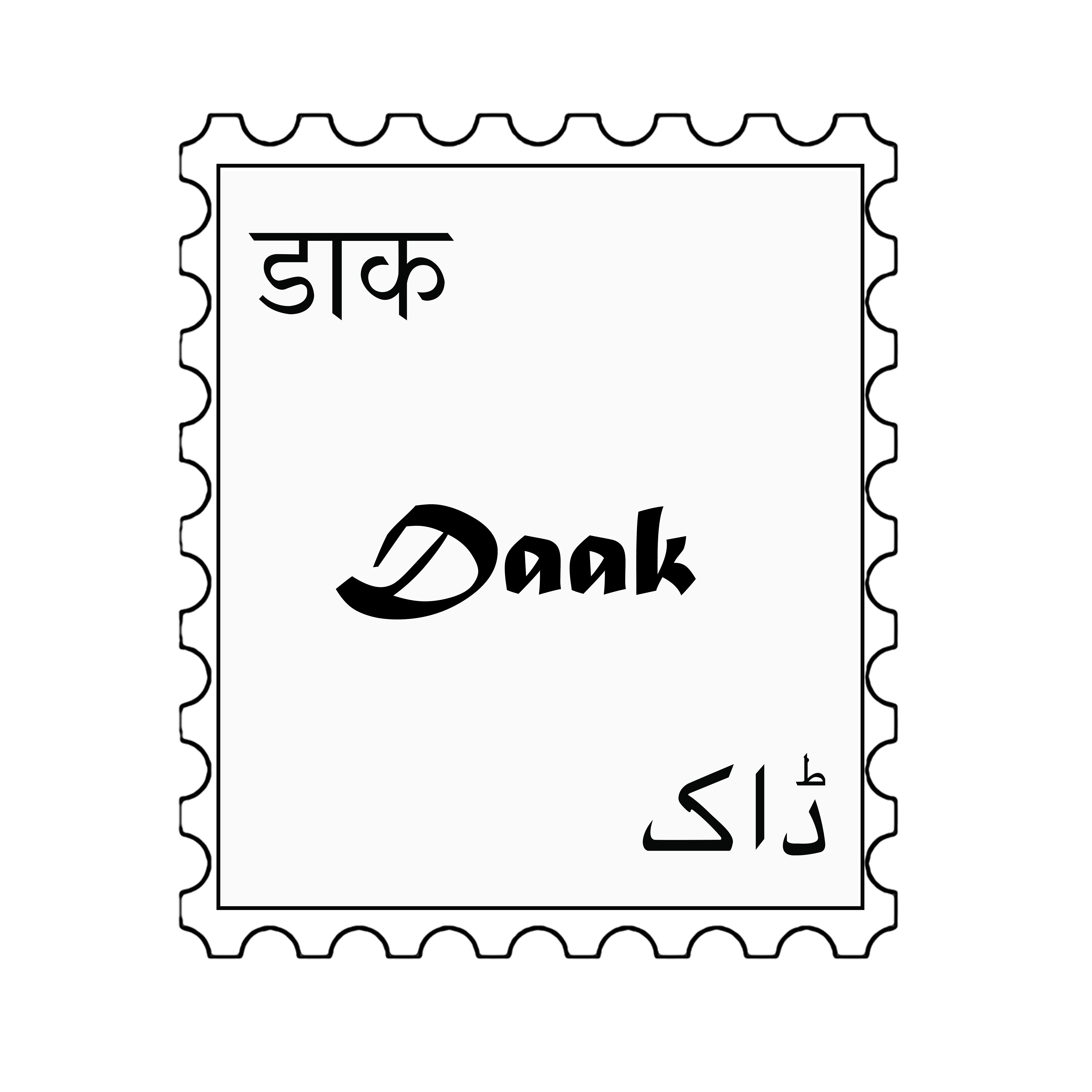
Allah Thiruperum: Khazi Mohammed’s Muhyiddin Mala
Links between the Arab world and Kerala have long been active through trade routes. They have also been responsible for many unique socio-cultural phenomena. The Arabic-Malayalam language is a prominent one among them as is folklore, such as the story of the last Perumal being converted to Islam and travelling to Mecca. The story of the conversion, found in both local Hindu and Muslim narratives, offered a major morale boost for the upper and lower caste alike to embrace Islam giving clear evidence of folkloric knowledge of the religion.
Arabic-Malayalam, which was a vehicle of various religious and creative expressions, was a cultural achievement of Malabar’s extensive trade. The language is not fully Arabic but a ‘religiolect’ of Malayalam– a dialect that is based on a host, spoken, language with deep links to a religious language tradition. It is also peppered with words from Farsi, Urdu, Sanskrit, Tamil, Kannada etc. Verse in Arabic-Malayalam is known as Mapplia Pattu (Mappila Songs). Mappila songs were sung in praise of prophets, sages and martyrs, and also to celebrate historical events.
The birth of this song tradition dates back to Muhyiddin Mala written by Khazi Mohammed in the 17th century. It commemorates the miraculous stories of Muslim saints or heroic events in the community’s history. This popular devotional classic, composed in AD 1607, depicts the history of Sufi saint Sheikh Muhyiddin Abdul Kader and his mystical powers. Listening to it, we get a sense of what Islam looked like in 11th Century Iran after the prophet and in a different region and culture.
This verse is also telling of the influence of other literary traditions which mixed Sanskrit with Tamil/Malayalam. In its vocabulary, one can find local expressions of a new religion—Islam.
allā tiripperuṃ tutiyuṃ svalāvāttuṃ
atiṉāl tuṭaṅṅuvāṉ aruḷ cěytě vedāmbar
pālilě věṇṇapol baitt’ ākki cŏllunněṉ
pākkiyaṃ uḷḷovar itiṉěppaṭiccovar
kaṇṭaṉ aṟivāḷaṉ kāṭṭittaruṃ polě
khvāḷi muhammadǝ at’ ěnnǝ peruḷḷovar
koʐikkoṭṭě ttuṟa taṉṉil piṟannovar
korvā it’ ŏkkěyuṃ nokki ěṭuttovar
avar cŏnne baittiṉṉuṃ bahjā kkittābiṉṉuṃ
aṅṅiṉě takhǝmīlātaṉṉiṉṉuṃ kaṇṭovar
keppāṉ viśeḷaṃ namukk’ avar poriśā
keḷppiṉe lokarě muhiyiddīṉ ěnnovar
The holy name Allah, the praise and the prayer –
With these the prophets deigned to begin.
I shall compose verses like churning butter from milk,
And fortunate are those who shall recite them.
As the All-knowing shows me,
Kāḍi Muhammed is my name,
Born at the port of Calicut,
Who stringed this whole strophe
From the verses He composed and from the Book of Bahja.
Thus, I have seen in the Takhmīla,
His greatness is a message to be heard.
Listen, people! His name is Muhyiddīn.
At the time of its composition, Sanskrit did not appeal to ordinary Muslims. The Sufis were aware of this and developed an alternate liturgy that not only gave birth to a new linguistic tradition—Arabic Malayalam, a simple tongue free from scholarship—but also a poetic tradition of panegyrics in praise of great Islamic heroes. The tradition of reciting the Muhyiddin Mala continues even today, bearing the stories of Islam in Southern India.
mutalāya ṟamaḷāṉil muppatunāḷiluṃ
mula kuṭikkuṃkālaṃ mulaṉě tŏṭātovar.
paḷḷiyil otuṃnāḷ malakkukaḷ cŏlluvār
puḷḷarě tāṉaṃ kŏṭuppīṉ at’ ěnnovar
During his infancy, in Ramadan for thirty days
He did not touch his mother’s breast
While reading Quran in the mosque, the angels arrived
And told the students to give him a seat.
His fame spreads like a flag
(Translations and inputs on text by Ophira Gamliel under the guidance of M N Karassery)

Leave a Reply